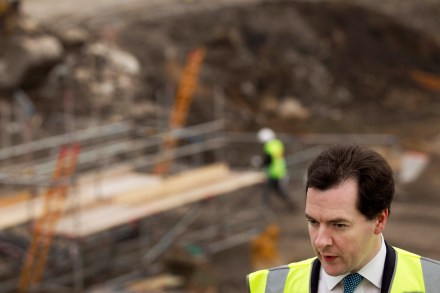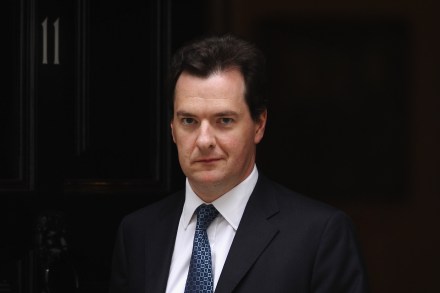The borrowing behind Osborne’s Budget
Will George Osborne’s refusal to look again at high levels of state spending become the greatest risk to Britain’s economic stability? There have been plenty of rude comments about the Chancellor’s supposed tactical ineptitude in the weekend press, but he has still managed to keep on borrowing and have almost no one notice. Osborne’s iron commitment is to spending, and a programme of cuts which total just under 1 per cent a year. His commitment to deficit reduction is flexible, as his three Budgets have demonstrated: Osborne spent the election campaign berating Labour for its lack of ambition in halving the deficit in four years. He’s now doing it in

















